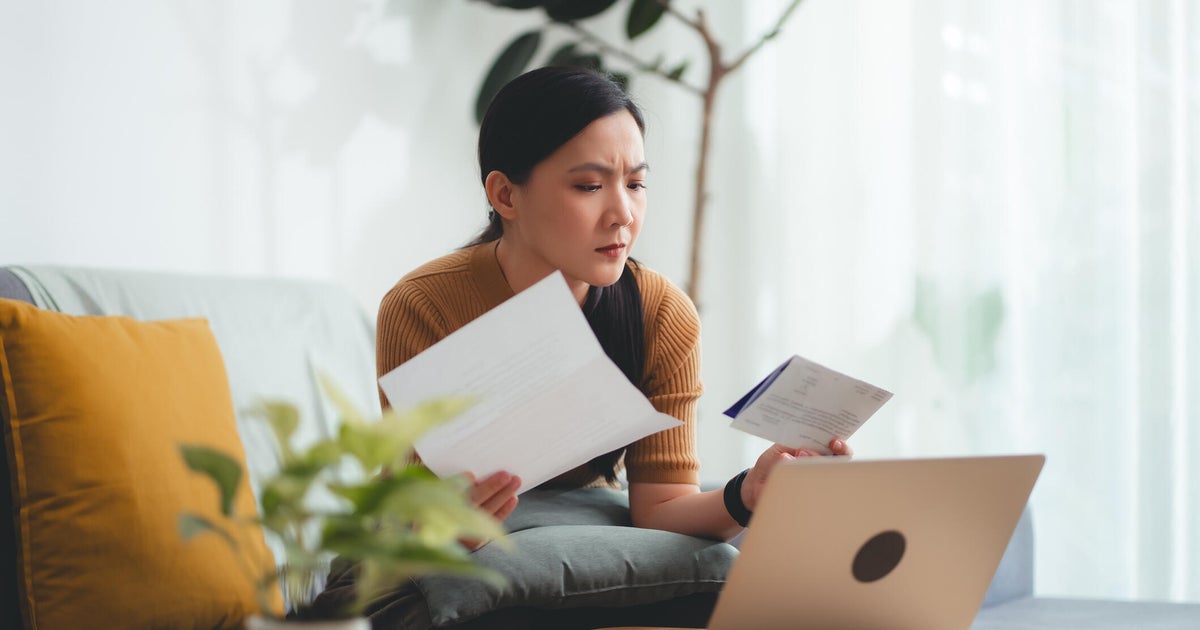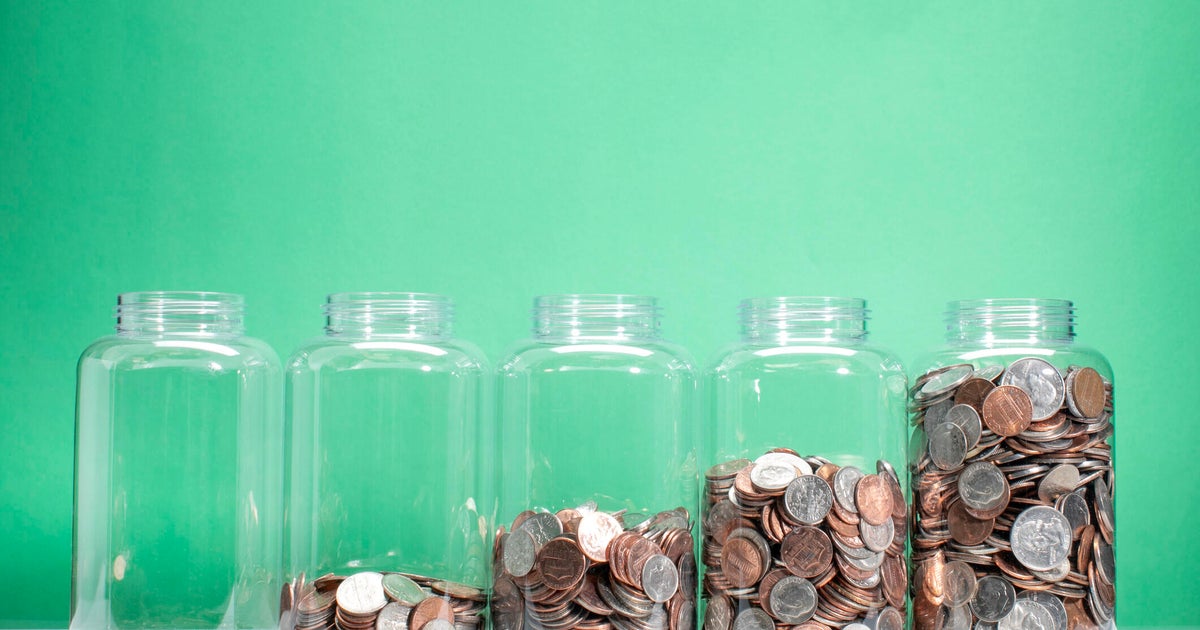Can you pay taxes with a personal loan?
April is officially here, and that means tax day is fast approaching. By April 18, you'll need to have filed your tax returns and paid any remaining taxes you still owe — or face penalties and extra fees.
But what if you don't have the cash to pay that tax bill? In this case, you might consider using a personal loan. Is that allowed, though? And if so, how does it work? In this article, we will break down when a personal loan can be used for paying taxes and when it shouldn't be. If you're considering this option then start exploring your personal loan options here now.
Can you pay taxes with a personal loan (and how)?
You can certainly pay your taxes with a personal loan. To do so, you'd just apply for a personal loan, and once approved, take the proceeds and put them toward your tax payment.
"When you take out a personal loan, the lender provides a lump sum cash payment to your bank account, which you can use for just about any purpose," says Leslie Tayne, a debt relief attorney and founder of The Tayne Law Group. "In the eyes of the IRS, you are simply paying your tax bill in cash; they don't know where the money came from. As long as your tax bill is paid in full by the deadline, there are no penalties."
You could also use other types of loans, like home equity loans, for example, to pay off your tax bill. As long as they come with a lump-sum payment, the strategy works the same.
Benefits of paying taxes with a personal loan
Using a personal loan ensures your tax debt is paid. This helps you avoid the interest the IRS may charge on your overdue balance, as well as any failure-to-pay penalties.
You can also avoid any tax liens, which is when the IRS stakes a claim on your property — your car or home, for example — to recoup its debt, and sometimes, a personal loan could even save you money.
"Obtaining a personal loan to pay off tax debt can save you money in certain cases," says Andrew Latham, a certified financial planner. "If you can secure a personal loan with an interest rate lower than the combined IRS interest and penalty rates, it may be more cost-effective to use the loan to pay off the tax debt."
Explore your personal loan options (including rates and eligibility) here now or by using the below table.
Should you pay taxes with a personal loan?
While you can pay your taxes with a personal loan, it isn't always advised.
Where the IRS is concerned, there aren't any penalties or fees you'll pay for using a loan to cover your tax bill. There are, however, drawbacks to the loan itself.
"The downside of utilizing a loan to pay your taxes is how much interest you will have to pay on the loan, depending on what interest rate you are able to lock in," says Steve Sexton, CEO of Sexton Advisory Group, a financial advisory group. "You'll also be responsible for (sic) fulfilling a minimum monthly payment."
If you're unable to make those payments, it could send you into a long-lasting spiral of debt that's hard to get out of. It could also hurt your credit score and limit your future financial options.
Alternatives to paying taxes with a personal loan
If you can't pay your tax bill, Tayne says, "Your first step should be to seek a payment plan through the IRS."
The IRS offers both short-term payment plans, which run up to 180 days, and longer-term ones, which allow you to pay in installments over an extended period via direct debits from your bank account, payroll deductions, check, money order, cash or credit/debit card. Short-term plans come with no extra fees, though interest and penalties are charged on the overdue balance. Long-term plans do come with fees, in most cases.
With these, Tayne says, "You tell the IRS what you can reasonably afford to pay each month, and they either approve or deny your request. This requires a setup fee of up to $225 in addition to accruing interest and penalties — though low-income taxpayers might qualify to get the fee waived."
Beyond IRS payment plans, you can also look to home equity loans and home equity lines of credit (HELOCs) or, in desperate times, a credit card.
"Paying a tax bill with a credit card should be the absolute last resort because the interest on credit card debt is just too high," says Gary Watts, a certified financial planner and vice president at Wealth Enhancement Group. "The exception would be if the taxpayer is able to get a zero or low interest credit card, but those are usually good for a limited, introductory period."
Check your personal loan interest rate options online now to see if it's a viable way to pay your taxes.
Evaluate all your options
While paying your tax bill with a personal loan is a possibility, it may not be the best option for your finances. Make sure you consider a few other avenues before taking on more debt and talk to a financial professional if you need help.
And when in doubt, talk to an accountant or the IRS.
"The IRS is actually not that difficult if you work with them on your tax debt," says Lawrence Pon, a certified public accountant, certified financial planner, and tax professor at San Mateo Community College. "All the mean stories you hear are about people who ignored them and did not cooperate."




